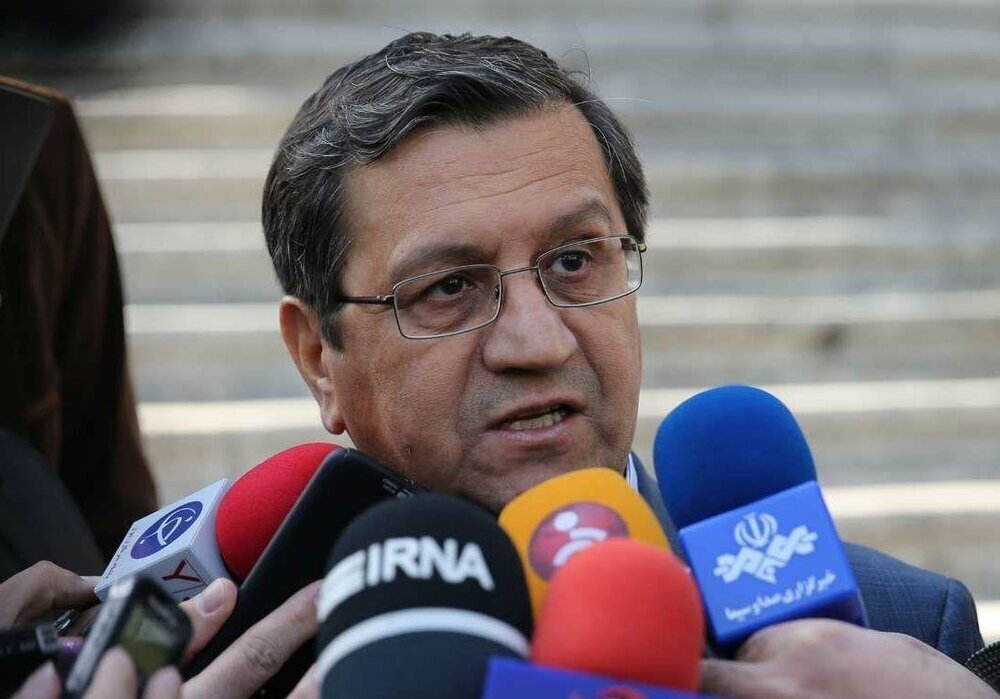‘Iran to take back funds from S. Korea through legal, intl. channels’

TEHRAN- Governor of Central Bank of Iran (CBI) Abdolnasser Hemmati said that Iran will take back its dollars from South Korea through legal and international methods, IRNA reported.
The official also expressed hope that the South Korean government would abide by its commitments and not block access to those funds under the pretext of the U.S. sanctions.
Iran is escalating its pressure on South Korea to release billions of dollars of oil-export revenue, arguing that Seoul is buckling to pressure from its U.S. ally and illegally withholding funds needed to counter the West Asia’s worst coronavirus outbreak.
Last week, Hemmati said the actions of banks in South Korea were preventing Iran from using the money to buy foods and medicines, trade that’s exempt from U.S. sanctions, Bloomberg reported.
“It is appalling to see that Korean banks have conveniently neglected their obligations, common international financial agreements, and decided to play politics and follow illegal and unilateral U.S. sanctions,” Hemmati said in a written response to questions. Iran could launch legal action to gain access to the funds, he said, without naming the lenders in question.
Hemmati also didn’t elaborate on the course of action that Iran may take.
After sanctions were lifted under the 2015 nuclear deal, Iran the following year managed to unlock over $6.4 billion of oil payments trapped in Indian accounts, using European banks as a clearing agent. The central bank has also filed lawsuits in Europe against financial companies that have withheld its money on the basis of court orders issued in the U.S.
Iran announced earlier this month that it had received medicines valued at $500,000 from South Korea after two years of negotiations. At the time, Iran’s Foreign Ministry said the deal was approved by Washington. It also said South Korea was about $7 billion in arrears for oil exported before the Trump administration last year reimposed penalties on Iran’s crude sales.
According to the Foreign Ministry in Seoul, the drugs shipped were for the treatment of genetic diseases. This month, South Korea plans to ship Covid-19 test kits worth $2 million, it said.
“We have been consulting with the U.S., Iran and the banks holding the frozen funds, seeking to make progress on this issue,” said Koh Kyung-sok, a Foreign Ministry official. “So far, we’ve been able to utilize some of the funds to expand humanitarian trade with Iran, and will continue to seek ways to increase such exchanges,” he said by phone.
The head of the Central Bank of Iran has said that the two countries have been working on a special trade vehicle, similar to that established with the European Union, which would allow Iran to complete humanitarian transactions using the money locked in Korean banks.
The U.S., which abandoned the 2015 nuclear deal two years ago, has sought to “stonewall” the plan, according to Hemmati.
The EU mechanism -- known as Instex -- provides European companies with a trading vehicle to sell goods and services to Iran without using dollars, routing transactions through U.S. banks, or moving money across the Iranian border. But its impact has been limited due to companies’ fears over the reach of American penalties.
“Should Korean banks not adhere to their international agreements with us, we reserve our rights to take legal actions under international laws,” Hemmati said.
